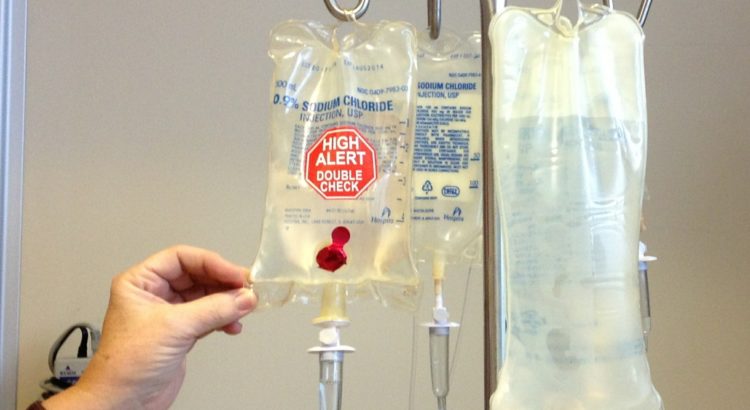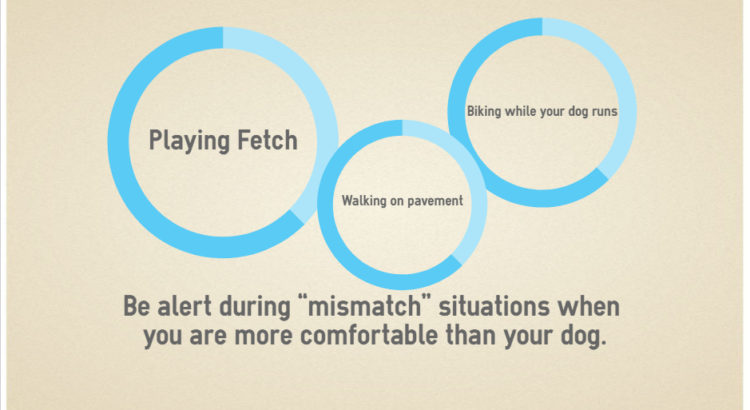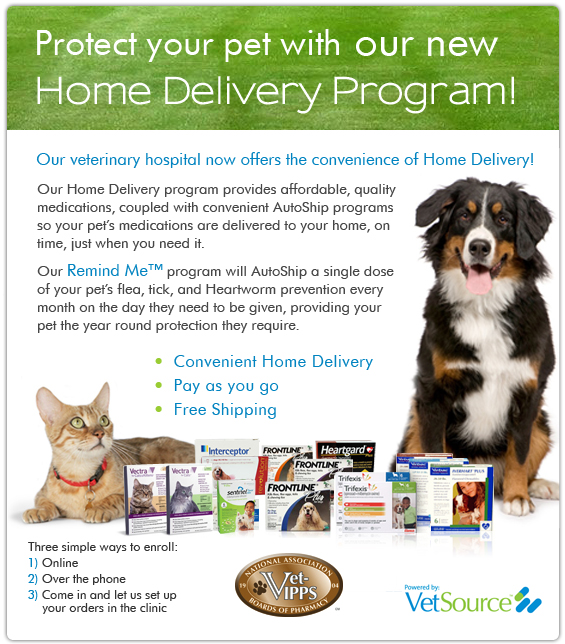As smoke from Canada’s wildfires affects our air quality, we’re not be the only ones feeling the effects. Smoke is hard on pets as well.
Pets with cardiopulmonary conditions are likely to struggle more during poor air quality due to the smoke. Birds are EXTREMELY sensitive. Elderly pets and brachiocephalic (smooshed-face breeds) dogs and cats are also more likely to have problems.
Here are some tips to help your pet.
1. Avoid being outside when the smoke is bad. Your county will issue air quality alerts. Allow only short potty breaks until the air quality conditions are upgraded.
2. Use air conditioners and keep windows closed. You may also need to use quality air filters, as well.
3. Avoid outdoor exercise.
4. Doggy daycare centers with indoor, air-conditioned facilities are a better option than dog parks, right now.
How do you know if your pet is feeling the effect of the smoke? Watch for coughing or gagging, eye irritation and “weepy” appearance, nasal discharge, or asthma-like symptoms. Fatigue and lethargy can be a sign as well. You may also notice that your pet’s appetite for food and water are diminished.
Livestock are particularly vulnerable because they live outside all the time. Avoid “working the herd” until air quality improves. Expect a decrease in egg production from your chickens.
If you feel your pet is experiencing respiratory discomfort to a level that concerns you, please schedule an appointment, or go to a veterinary emergency center, if it’s not during our business hours.
https://www.avma.org/resources/pet-owners/emergencycare/wildfire-smoke-and-animals




